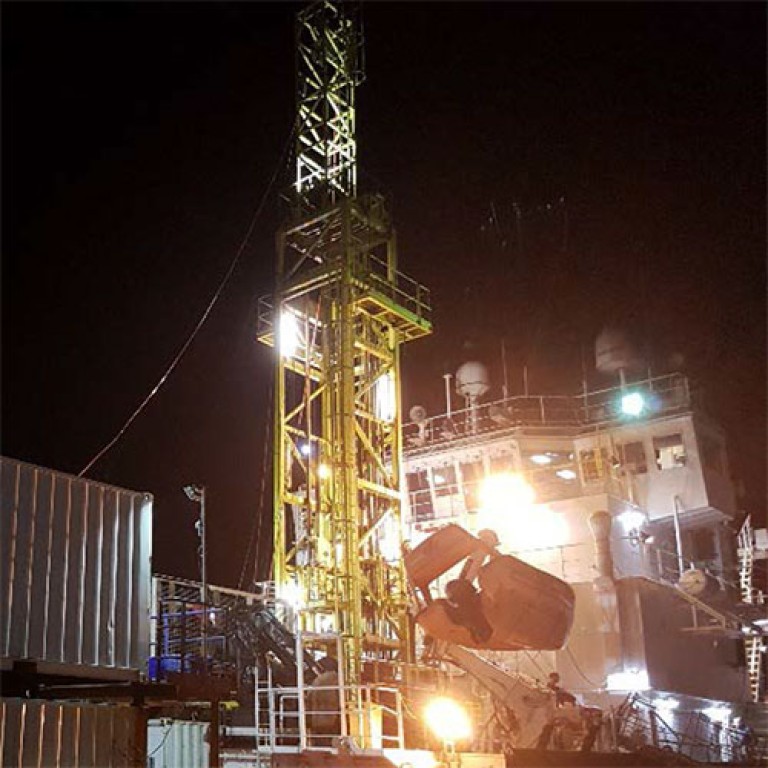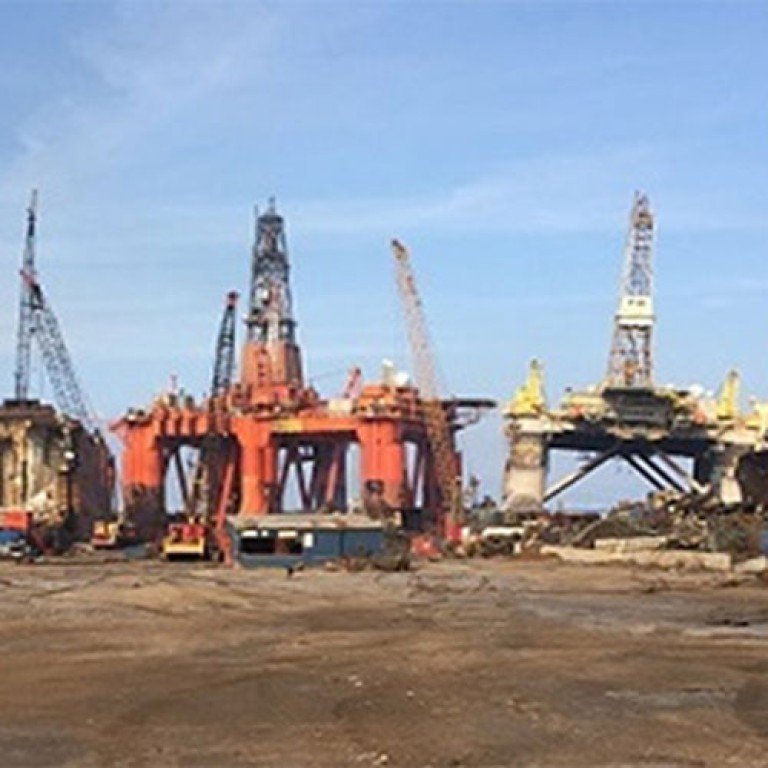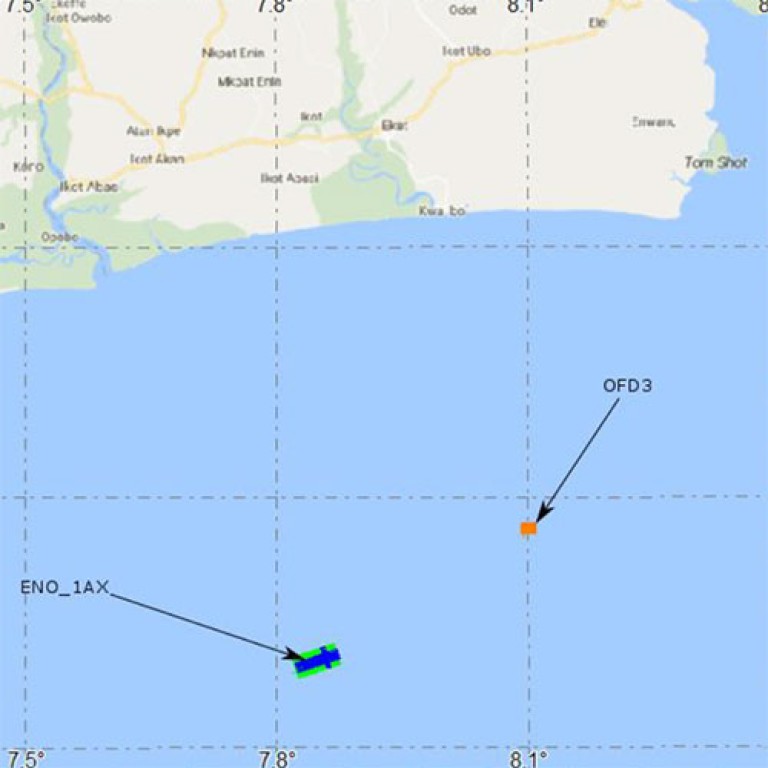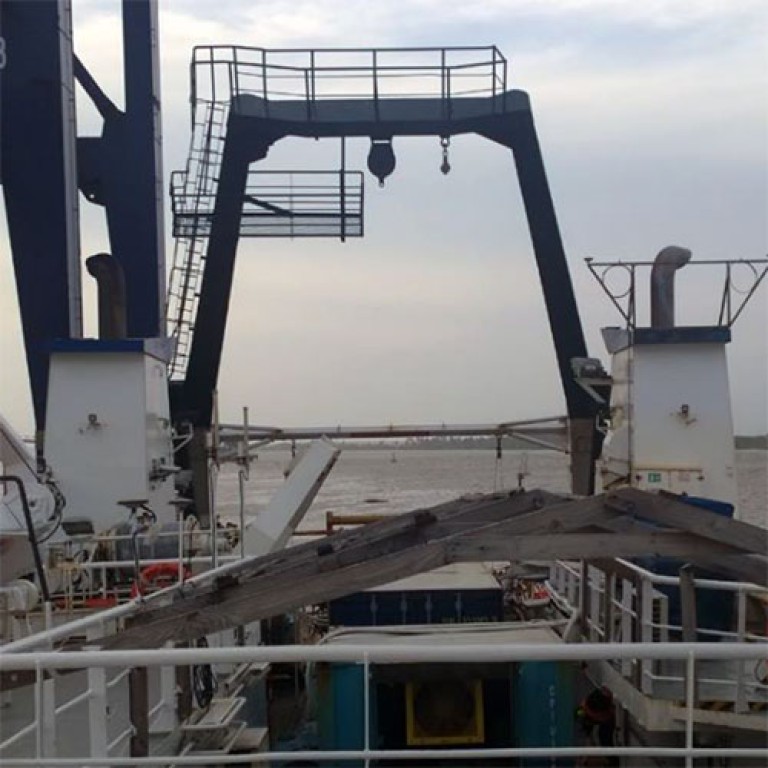The United Nations Framework Convention on Climate Change's (UNFCCC) Paris Agreement (Accord de Paris) brings guidelines for greenhouse gases emissions mitigation and adaptation, starting from the year 2020, with the goal to prevent global warming.
The Agreement allows voluntary and nationally determined carbon emissions reduction targets and recognizes the rights of parties to use emissions reductions outside of their own jurisdiction in a system of carbon accounting and trading – the international transfer of mitigation outcomes (ITMOs) –, creating opportunity for the establishment of a global carbon market.
It also establishes the, so-called, SDM (Sustainable Development Mechanism), considered to be the successor to the Clean Development Mechanism, with the dual mission to contribute to global GHG emissions reductions and support sustainable development.
Long-term adaptation goals are included in the agreement, as a parallel component with mitigation, focused on enhancing adaptive capacity, increasing resilience, and limiting vulnerability.
Mitigation hierarchy suggests that environmental impacts should be, first of all, avoided (prevention), then minimized (control), and finally restored (compensation) where possible, in order to stop the loss of biodiversity and ecosystems.
Environmental compensation measures are not approached in the agreement, but are implemented worldwide, and mandatory in various countries, although limited in scope. In Brazil compensation for environmental projects that cause significant environmental impact is an instrument established by Article 36 of Law No. 9.985/2000.
Oil and gas industry, consumption of fossil fuel and other oil derivatives account for 50% of global carbon emissions, which widely contributed for the increase in the amount of heat-trapped greenhouse gases in our atmosphere, and the anthropogenic forced climate change.
The planet’s average surface temperature has risen about 0.9 degrees Celsius since the late 19th century. Most of the warming occurred in the past 35 years, with the five warmest years in the 136-year record taking place since 2010. The year 2016 ranks as the warmest on record.
In spite of being a relatively young company, Enviros team has extensive and long-dated experience in climate change, including participation in the multidisplinary team that proposed the first worldwide UNFCCC registered greenhouse gases reduction project, which has given operability to Paris Agreement's predecessor, the Kyoto Protocol.
Enviros offers its clients:
- Mitigation and adaptation strategies;
- GHG emission management strategy;
- Environmental compensation studies and strategies.
KNOW MORE ABOUT
OUR SERVICES
Successful Projects






